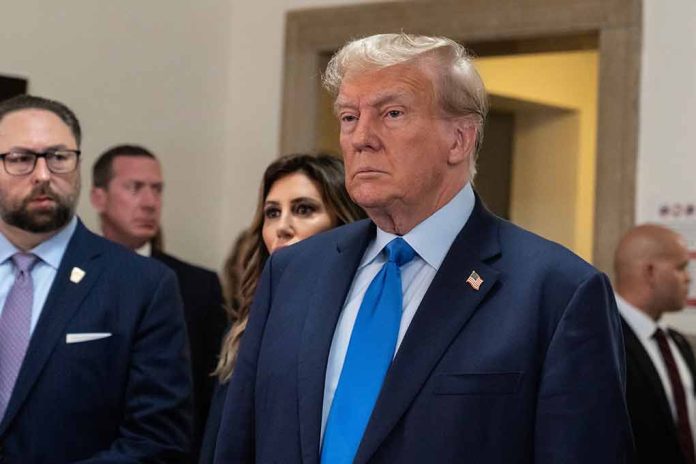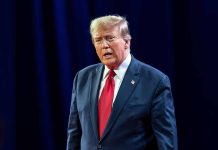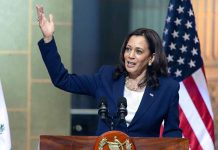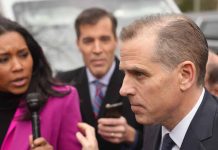
(UnitedHeadlines.com) – Former National Enquirer Publisher David Pecker was the first witness to testify in former President Donald Trump’s hush-money trial.
On April 22, Pecker testified that the tabloid conducted so-called “catch and kill” operations, confessing that they “paid for stories.” The testimony was the first time Pecker talked publicly about the practice of “catch and kill,” which involves buying the exclusive rights to a story with the express purpose of never publishing a story with the information.
Pecker claimed that he had an agreement with Trump during the 2016 election cycle to bury the stories that hurt Trump and promote negative stories about other candidates. However, he noted that Trump did not reimburse the publication for the money spent to buy stories.
During his testimony, Pecker confirmed that editors could spend around $10,000 for a story without his approval, but amounts higher than that for stories of significance, such as those about Trump, needed his approval.
For a second day, Pecker took the stand on April 23, testifying that he dealt directly with Trump’s lawyer Michael Cohen, who was responsible for orchestrating the planning of false stories that the tabloid ran during the 2016 election cycle. Pecker said Cohen would give the publication the name of the candidate he wanted a false story about, and the tabloid “would embellish it from there.” However, during his testimony, Pecker suggested Trump had been involved in the process of burying negative stories and promoting stories against other candidates, noting they discussed the idea during a 2015 meeting at Trump Tower.
Pecker testified that Cohen was responsible for false stories such as one the publication ran about the father of Texas Sen. Ted Cruz and Lee Harvey Oswald.
Prosecutors are hoping that Pecker’s testimony helps to show that Trump’s actions were an attempt to influence the outcome of the election. Trump is charged with 34 counts of falsifying business, which is only a misdemeanor unless the prosecution can prove it was done in furtherance of another crime.
Copyright 2024, UnitedHeadlines.com














